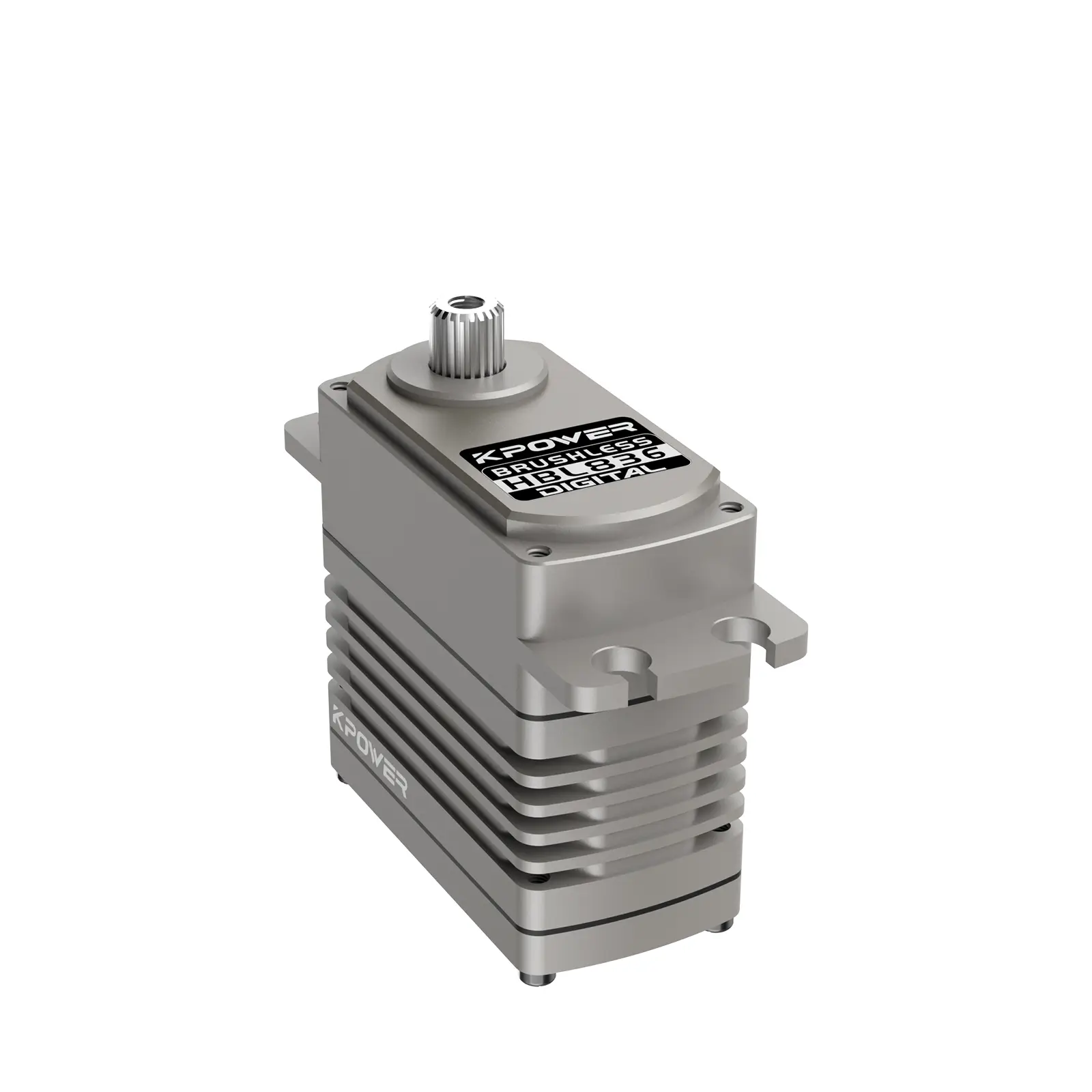Ever looked under the hood of modern software? Imagine a sprawling city filled with tiny neighborhoods. Some neighborhoods are tightly knit, all about the same tasks. Others are split up into smaller districts, each with its own vibe. That’s kind of what’s happening with microservices and APIs — two tech terms that often swirl around each other, but aren’t quite the same thing.

Let’s start simple. Think of microservices as a bunch of small, independent companies working together inside a city. Every one has its own name, its own job, its own rules. They’re separate, yet they share some common space, and they chat over the fence when needed. Why do people love this setup? Because if one company screws up or decides to upgrade, the rest go on business as usual. It’s flexible, resilient, and scales up or down based on demand.
Then, APIs are like the menus in those restaurants. They tell you what can be ordered, how to place an order, and what to expect when your dish arrives. Essentially, an API is a defined way for different software pieces to talk to each other. Without APIs, every piece of software would be speaking a different language, impossible to connect smoothly.
Now, stumbling over the difference isn’t uncommon. Some might ask: Are microservices and APIs the same? Definitely not. Microservices are the small businesses, the sharp little pieces of your application’s architecture. APIs, on the other hand, are the communication bridges connecting those businesses. Picture a microservice as a bakery, and the API as the delivery guy who brings baked goods to the cafe next door. The bakery is the microservice, and the delivery route? That’s the API.
Here’s a quick question that’s been asked a lot: Should I just go for microservices or focus on APIs? Well, think of it this way: You could have many microservices communicating through APIs, or you could lean on APIs to connect monolithic systems. It’s not an either-or situation but about how you build your architecture. Microservices often use APIs as their language, their handshake, their protocol.
Why consider microservices? They make updates smoother. Want to test a new payment gateway? Tinker away without messing up the whole shopping cart. Need scalability? Zoom in on specific small parts without overhauling everything. And APIs? They’re the glue, making sure every tiny microservice can get what it needs without breaking a sweat.
Imagine running a giant e-commerce platform. You’ve got user authentication, product catalog, checkout, reviews—each of these could be a microservice. But how do they talk? API calls, that’s how. When a user clicks "buy," the front-end asks the checkout microservice through an API. The checkout then communicates with inventory microservice via another API call. Everything's happening in sync, fast and smooth.
In the end, folks want flexibility, resilience, and clear communication lines. Microservices give you the tiny building blocks to grow and adapt. APIs make sure those blocks work together seamlessly, sharing information as needed. Embracing both? That’s like having a well-organized city where each neighborhood does its thing but still communicates like a champ.
So, next time someone throws those terms around, you can picture microservices as tiny, independent shops in your software city, and APIs as the streets, emails, or phone lines that keep everything connected. It’s not magic, it’s architecture, and when done right, it’s a game-changer.
Established in 2005, Kpower has been dedicated to a professional compact motion unit manufacturer, headquartered in Dongguan, Guangdong Province, China. Leveraging innovations in modular drive technology, Kpower integrates high-performance motors, precision reducers, and multi-protocol control systems to provide efficient and customized smart drive system solutions. Kpower has delivered professional drive system solutions to over 500 enterprise clients globally with products covering various fields such as Smart Home Systems, Automatic Electronics, Robotics, Precision Agriculture, Drones, and Industrial Automation.




































